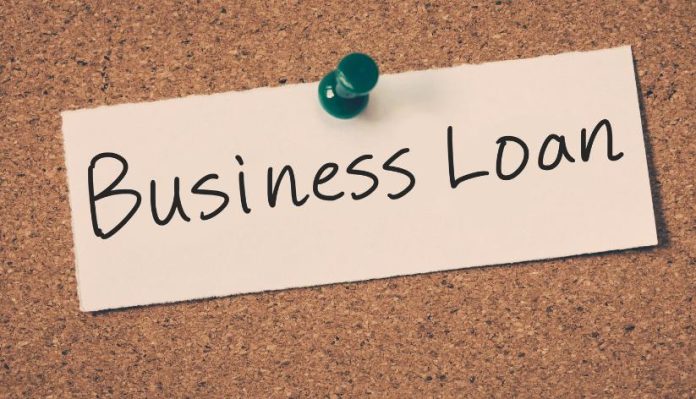Table of Contents
Intro to Business Overdrafts
A business overdraft is a credit facility offered by banks and other financial institutions to businesses. It allows companies to access more money than they have in their current account, up to an agreed limit. Funds can be used for any legitimate business purpose, such as covering cash flow shortages or making timely payments. Interest is then charged on the amount borrowed, plus any additional fees that may apply.

Usually, it’s easier to get approved for an overdraft than a loan, but the interest rate tends to be higher. As a business owner, you should only use an overdraft if you’re confident you can make the necessary repayments – otherwise, it could damage your business’s reputation and credit rating. As with any form of credit, it’s important to read the terms and conditions prior to agreeing to anything.
Benefits of a Business Overdraft
A business overdraft can be helpful in offering short-term borrowing to cover unexpected costs or cash flow shortages. It also allows businesses to take advantage of opportunities, such as discounted bulk purchases, without having the total funds available. Additionally, an overdraft is easy and quick to set up – you don’t need to wait for approval like with a loan, so it can help provide businesses with speedy access to funds when they need them most. Furthermore, an overdraft can help build your company’s credit score over time by demonstrating that you have managed your finances responsibly.
Drawbacks of a Business Overdraft
One of the main drawbacks of a business overdraft is the high interest rate – typically, it’s much higher than a loan. Additionally, banks can impose fees for setting up an overdraft and for each time you exceed your limit. You must also manage an overdraft carefully to ensure you don’t become over-indebted and put your company at risk. An overdraft should only be used as a short-term solution for cash flow issues rather than as a long-term source of finance.
Who Can Get a Business Overdraft?

In most cases, you’ll need to be a limited company or have a business bank account to get an overdraft. You’ll also typically need a good credit rating, although some providers may offer overdrafts to businesses with bad credit scores. You should bear in mind that if you are approved for an overdraft but your business fails, the lender will still expect repayment of any funds borrowed.
Applying for a Business Overdraft
Applying for a business overdraft is generally relatively straightforward. You’ll need to contact the bank or financial institution you wish to borrow from and complete an application form. The lender will ask for details about your business and information such as your current account balance, turnover figures, and so on. Once all your documents have been verified and approved, the lender will set up the overdraft facility and inform you of the agreed credit limit and repayment terms.
In some cases, mainly if your credit rating is not good, lenders may require security to approve an overdraft facility. This could include a personal guarantee or a charge against any property owned by the business. It’s important to understand all of the terms and conditions before agreeing to anything, as this could put your assets at risk if you cannot keep up with repayments.
Alternative to Business Overdraft: Business Loan
Business loans offer a more secure and longer-term alternative to an overdraft. They provide access to more considerable sums of money and lower interest rates. Businesses can borrow for almost any purpose – from expanding their premises, buying new equipment or investing in research and development.

You borrow the money over a set period, and repay regular instalments plus interest. With a business loan, you can benefit from fixed repayments and the security of knowing how much you need to budget for each month. Although applications may take longer to process than overdrafts, the terms are usually more favourable in the long run.
You can contact a lender like Love Finance for a business loan with favourable terms and access to quick, reliable funds.
What’s Better? A Business Loan or Business Overdraft?
Both business loans and business overdrafts have their own pros and cons. It’s up to you to decide which option will benefit your business. Generally, a business loan is the better option if you need access to large amounts of money for a longer period of time.
However, an overdraft could be a more suitable choice if you’re looking for short-term finance and only need access to small amounts of money at any one time. The most important thing is to consider all the factors before deciding which route is best for your business.
Conclusion
Overall, a business overdraft can be very useful when managed responsibly – it can provide short-term borrowing for unexpected costs or cashflow shortages, allowing you to take advantage of opportunities that otherwise may have been missed.
However, you must read all the terms and conditions carefully before signing up for anything, and make sure you don’t become over-indebted. That way, you can ensure that an overdraft helps rather than hinders your business in the long run. And if you still feel it’s not the right fit for your business – a business loan is a viable alternative.


